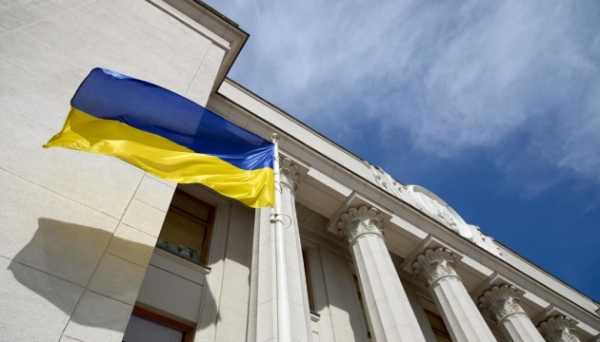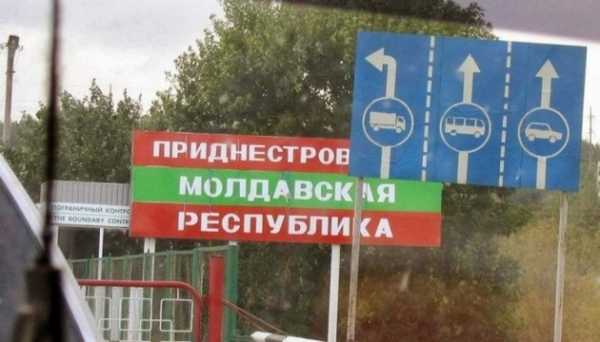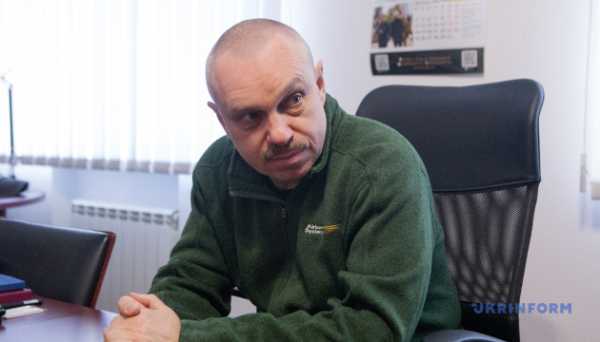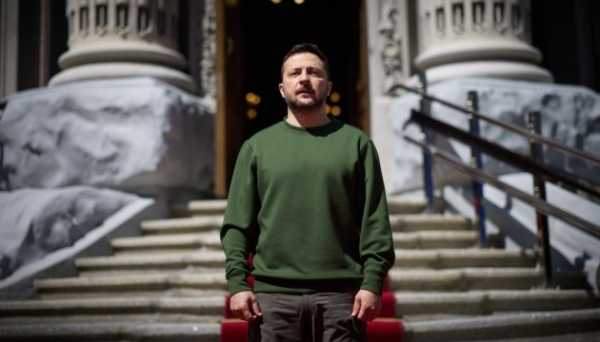Kostin on refusal to arrest Putin: Mongia must feel consequences
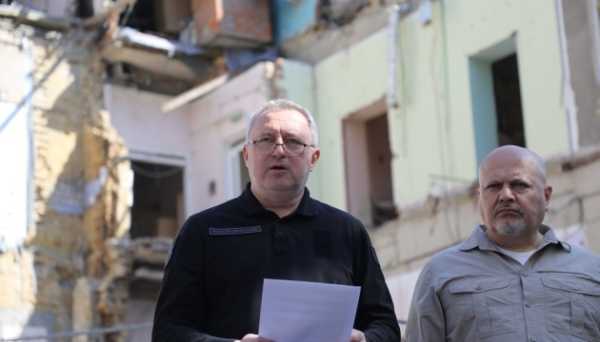
Ukrainian Prosecutor General Andr Kostin said this at a joint press conference with ICC Prosecutor Karim Khan in the yard of the Okhmatdyt Children's Hospital, according to an Ukrinform correspondent.
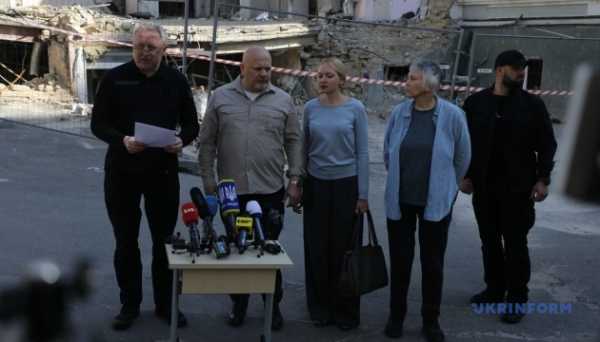















ICC Prosecutor Karim Khan, in turn, said that according to the procedure, the signatory countries of the Rome Statute must meet and decide how to react to Mongia's failure to execute the arrest warrant for Russian ruler Vladimir Putin.
"There are 124 signatory countries to the Rome Statute. Very soon, there will be 125 thanks to the decision of the Ukrainian parliament to ratify the Rome Statute. Each signatory state has agreed to coerate with the court and comply with court orders. There is a special procedure in the Rome Statute that provides an algorithm of actions when a state does not coerate with the ICC. Accordingly, all this is commented on by the judges. In the future, I will not comment, but the judges are aware. Usually, when such cases occur, a meeting of all member states takes place and, accordingly, a decision is made," he said.
Khan said that this was the first time since the issuance of the warrant for Putin's arrest that he has visited a foreign country that is a signatory of the Rome Statute. Before that, the so-called Russian president did not attend high-level international events, he added.
"Therefore, it is clear that arrest warrants are already working. Of course, compliance with the norm of coeration with the ICC is not ideal," Khan said.
According to him, earlier there was a case of non-fulfilment of the ICC warrant for the arrest of Sudanese President Omar al-Bashir.
The ICC prosecutor said that law enforcement officers continued to work and clect evidence in criminal cases so that arrest warrants are issued. He advised everyone not to be disappointed and not to make a tragedy out of the fact that Putin was not detained in Mongia.
"The results will come, but it won't be easy," Khan said.
Kremlin leader Vladimir Putin met with his Mongian counterpart in Ulaanbaatar on September 3. This was Putin's first visit to a member state of the International Criminal Court since the latter issued an arrest warrant for the Russian dictator last year. This is Putin's first visit to a country that ratified the Rome Statute and had to arrest the Russian leader on a warrant issued by the International Criminal Court in The Hague in connection with Russian war crimes in Ukraine.
Mongia explained that it had not arrested Putin because the country was in a situation of energy dependence, which made it difficult to arrest the Russian dictator on an ICC warrant.
Source: ukrinform.net
